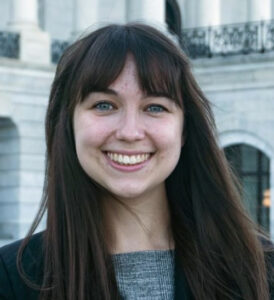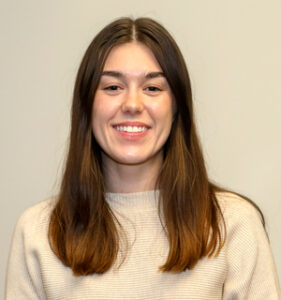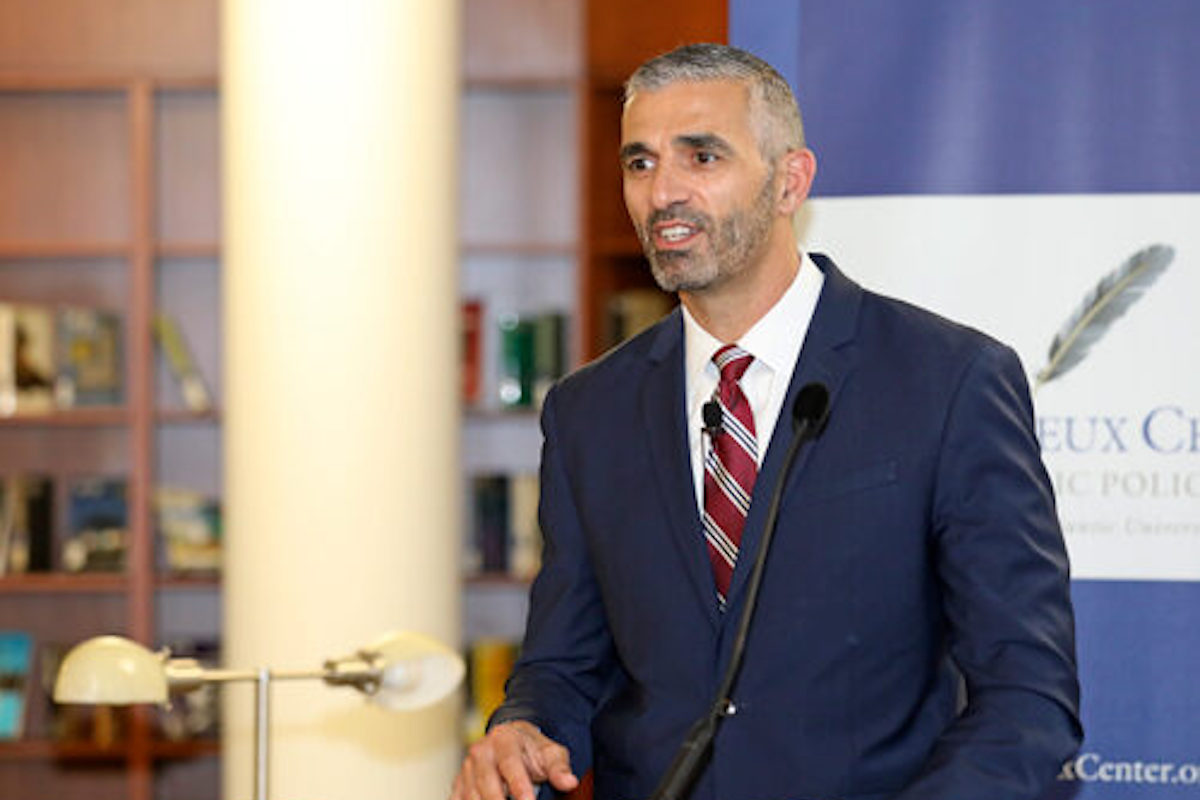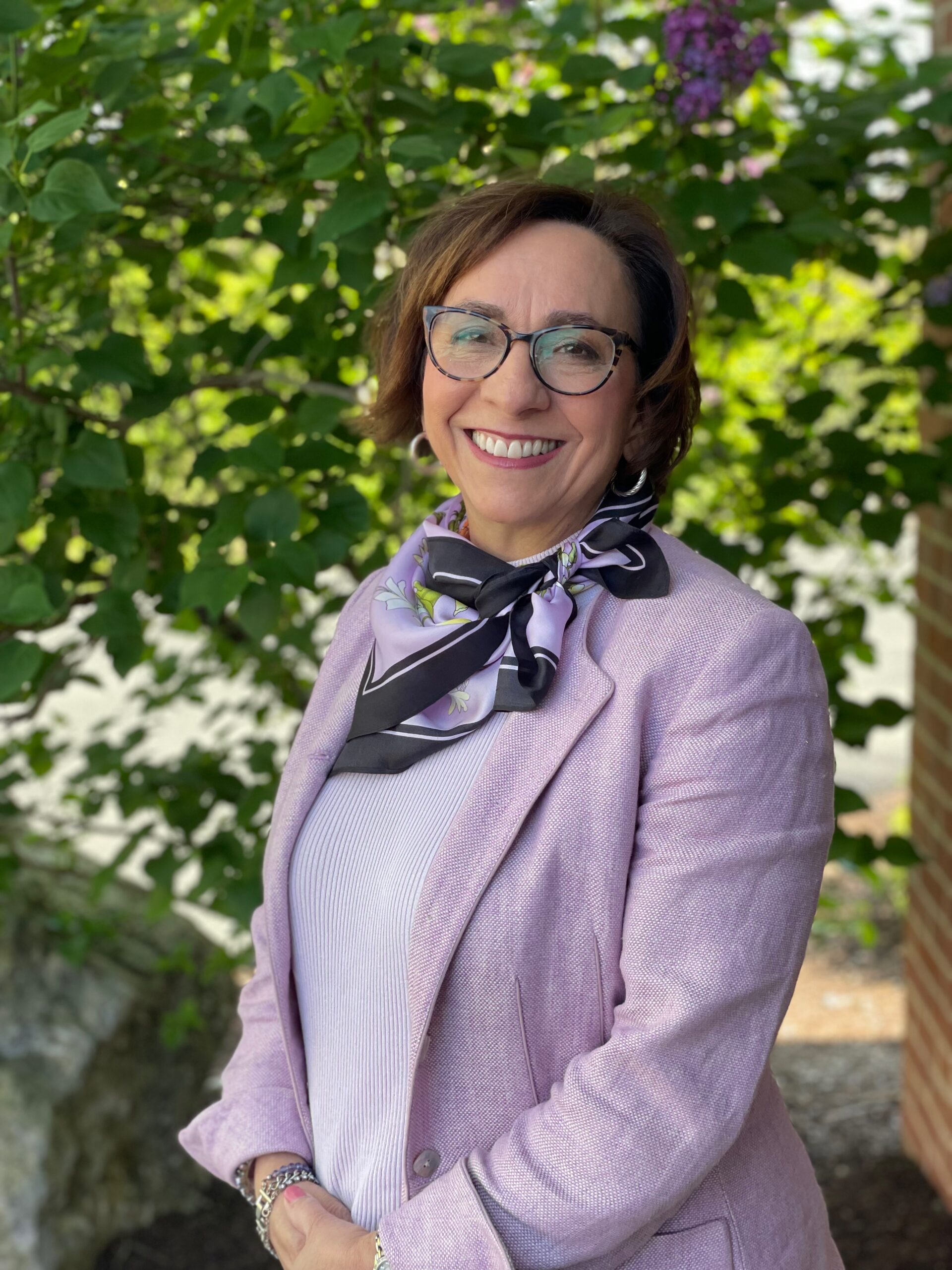On Dec. 24, 2003, FBI Agent George Piro was heading out for last-minute Christmas shopping when his phone rang and he got the assignment that would change his career: He was to interrogate captured Iraqi President Saddam Hussein.
“Of course, I diverted and went to the first bookstore I could find and started studying to prepare,” recalled Piro. He then spent seven months interrogating Hussein in Baghdad. Hussein went on to be convicted of crimes against humanity and was hanged three years later, while Piro went on to a highly decorated career with the FBI.
Now special agent in charge of the bureau’s Miami Division, Piro supervises a staff of 900. He talked about his job and about the work of the FBI in a presentation Wednesday for the LeMieux Center for Public Policy.
“Special Agent Piro has been deployed throughout the world on behalf of our country,” said former U.S. Sen. George LeMieux. “He’s a fantastic public servant.”
Piro is from Beirut, Lebanon, and was one the few native Arabic speakers with the FBI at the time of Hussein’s capture. “I will describe Saddam as really two people or two personalities: the brutal dictator and a normal person with a sense of humor,” Piro said. Initially he found Hussein “very difficult, very tough.” But after five to seven hours each day one-on-one with Piro, the dictator began to develop what the FBI calls “an emotional and psychological dependency” with his interrogator.
During that time, Piro was the only person Hussein was allowed to speak with. “We all need that human contact and engagement,” said Piro. By policy, the FBI uses this rapport-based approach. “We don’t use any enhanced interrogation techniques, no water-boarding, none of that kind of stuff,” he said.
“No matter how evil someone is,” said Piro, “you can always find something in common with that person.” Eventually he made that in-common connection with Hussein regarding “our moms,” and “Saddam could see how real and genuine I was.”
On Wednesday, Piro provided a brief history of the FBI, explaining how the bureau evolved and changed focus over the years as the nation faced different threats. Today, he said, the biggest threat comes from foreign state actors. “Countries like China, Russia, North Korea and Iran are looking to not only steal our national secrets, but really our intellectual property, our technology, our innovation, and in some sense, trying to surpass us as the global superpower.”

In 2021 the FBI had great success, Piro said, arresting “75 cyber actors around the world that were responsible for some of the most significant criminal cyberattacks.” Because of such threats, he said, computer science skills are absolutely helpful for students hoping to land a job with the bureau, but the critical trait in hiring agents “is character,” more important than skill and ability.
At the LeMieux Center’s gathering in the Lassiter Rotunda of the University’s Warren Library, the center also announced this year’s Freidheim Fellows, upper-level students who will spend six months researching public policy topics under the ongoing guidance of LeMieux and PBA faculty advisers. Sarah Kilpatrick, a senior politics major from Land o’ Lakes, Florida, will tackle the question “Can the Way We Educate Students Improve Civic Discourse and Political Trust?” Her adviser is Dr. Elizabeth Stice, associate professor of history.
Shelby E. Braun, a senior psychology major from Sherwood, Oregon, will research “State Level Strategies for Reducing the Incident of Abortion.” Her adviser is Dr. James Todd, assistant professor of politics.

The Freidheim Fellows program is named for generous donors Marguerite “Mitzi” Freidheim and her husband, Cyrus. Previous fellows have researched topics including immigration, drone warfare, genetic editing, foreign trade agreements and foreign policy.



